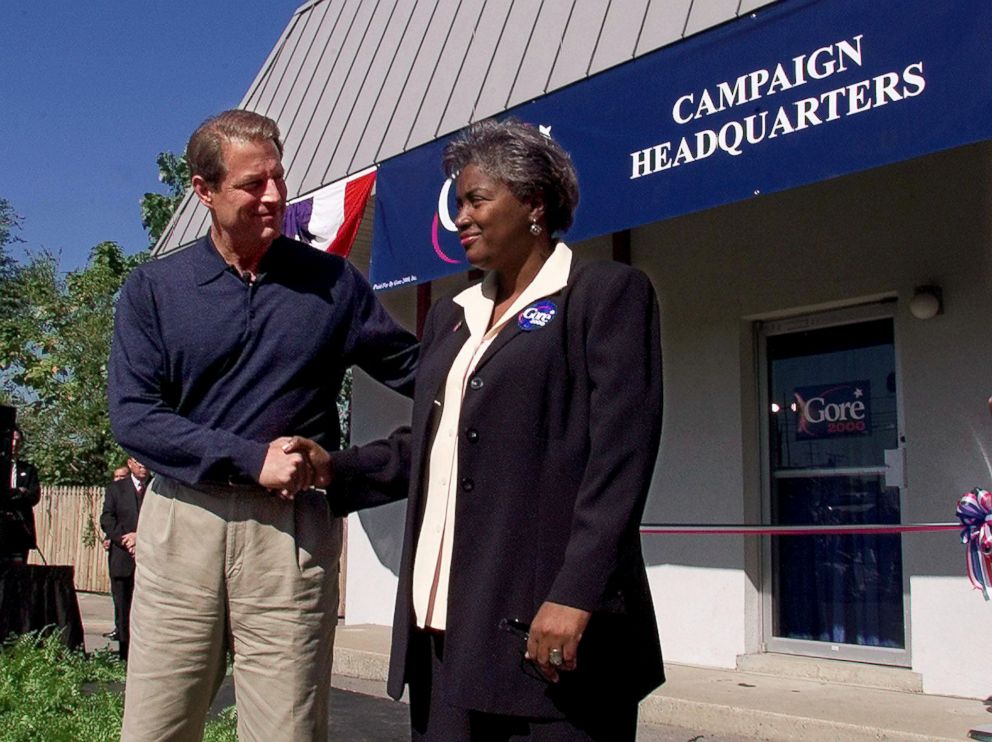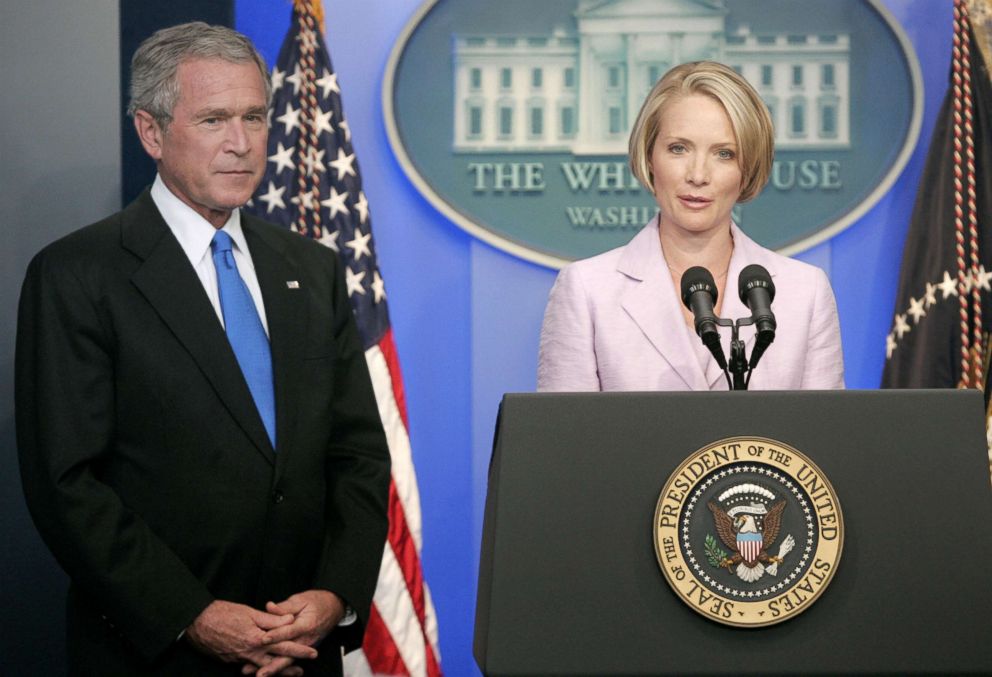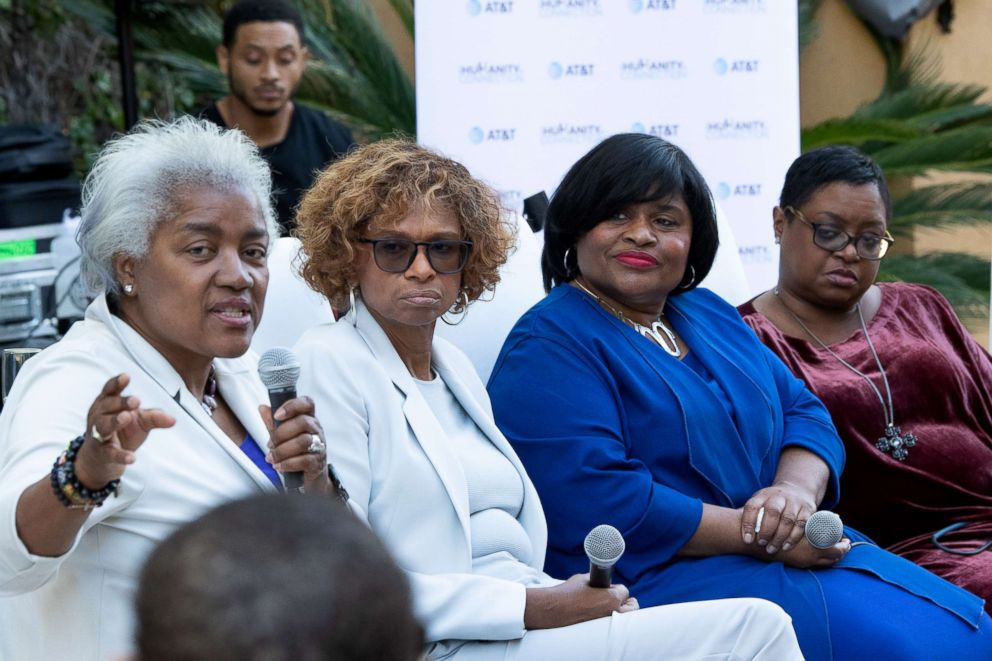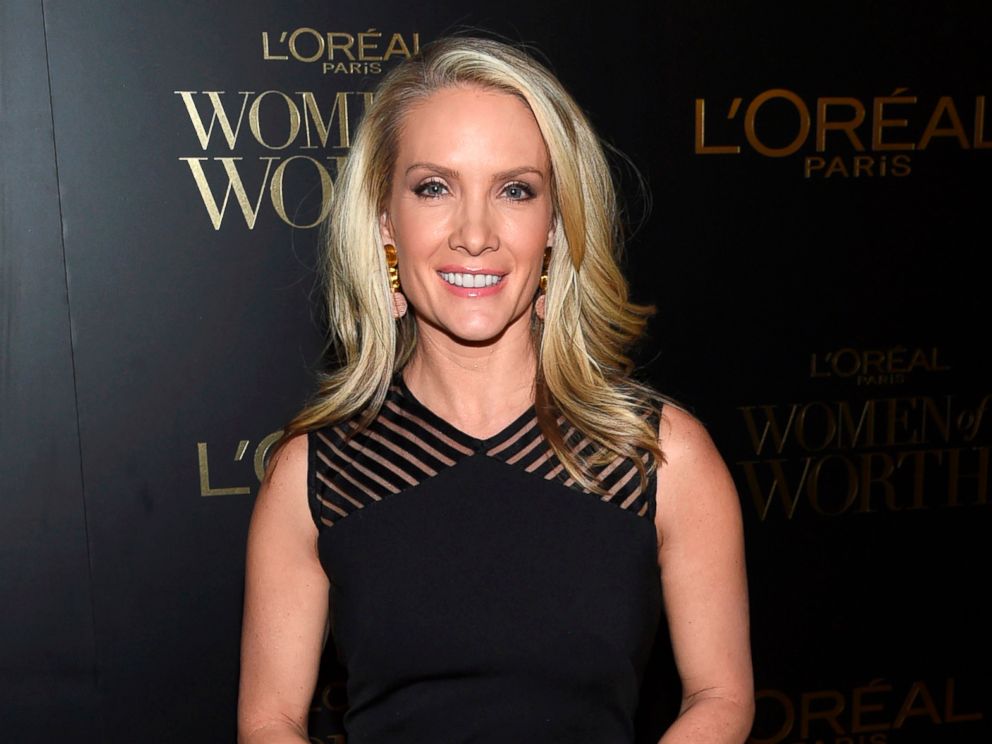Parity over party: Democrat Donna Brazile and Republican Dana Perino call for more women ahead of 2020
Donna Brazile and Dana Perino have both made strides for women in politics.
One was the first woman to serve as White House press secretary for a Republican president -- and only the second woman ever in that high-profile position.
The other was the first African-American woman to run a presidential campaign -- Al Gore's in 2000.
Since marking those milestones, both Republican Dana Perino and Democrat Donna Brazile have made inroads for women in politics and in their respective parties. On one thing they completely agree: both parties, and especially the Republican Party, need more women.
In the fight for gender parity in the world of politics, they say, it’s the only way to succeed.
“It took us 100 years to get 100 women,” said Brazile of the 127 women currently serving in Congress, noting that the 100th anniversary of the 19th Amendment, which granted women the right to vote in 1920, is only months away. “Are we going to wait another 100 years? I don’t know about you but I don’t have that much time,” said the former interim chair of the Democratic National Committee.
“We need Republicans. As a Democrat, I preach that,” Brazile said. Why? Among other reasons, women in office increase the chances of compromise, Brazile and Perino said.
“The Republican party, this is no secret, has a problem,” Perino said, referencing the results of the 2018 midterm election when a record margin of women voted for Democrats over Republicans.

“I don’t know about the White House per se, but I know that other people within the party recognize that this is something they have to concentrate on,” Perino said.
And Democrats have historically been better at grooming women for the candidate pipeline from early on — beginning in local office, Perino said.
“There’s a difference in Republican women getting in there,” Perino said, and that needs to come from the top down — especially when it comes to fundraising, she said.

The 2020 election is likely to only enhance the Democratic Party's image as one where women can break through.
Brazile listed six candidates — all women and all Democrats — who she categorized as running or going to run: Sen. Kamala Harris of California, who officially launched her campaign Monday, Rep. Tulsi Gabbard of Hawaii, who announced her candidacy earlier this month, Sen. Elizabeth Warren of Massachusetts and Sen. Kirsten Gillibrand of New York, who have launched exploratory committees, lesser-known candidate — though someone Brazile said has a following — author Marianne Williamson, who announced her campaign Tuesday, and Sen. Amy Klobuchar, who has yet to announce.
On the question of whether the country is ready for a woman to be president, Brazile said the answer is a clear and resounding "yes."
The question now?
“Will one of these women emerge as a top contender in 2020? The answer is also yes,” Brazile said — and there might even be more than one.
“We could emerge with two women in the top tier and then we have to decide, what will that look like?” she said. “It’s exciting.”

Neither Brazile nor Perino have pinpointed a front-runner just yet — and Brazile, who’s looking forward to watching from the sidelines until much later in the game, said she’s keeping tabs on “all of them.”
“Let us enjoy the ride a little bit!” Perino said. “It’s fun for us to watch the Democrats go through this right now,” she added.
Brazile and Perino met in the aftermath of Hurricane Katrina, which devastated Brazile’s hometown of New Orleans, prompting her involvement in recovery efforts. Perino, now a Fox News host, was deputy White House press secretary for former President George W. Bush when the hurricane hit, and soon to make history in taking over the senior role.
The two reunited this week in Washington, D.C., for a women’s mentoring event put on by an organization Perino co-founded, Minute Mentoring.
The event brought together women from both parties who represent congressmen and women on the Hill. Some worked in think tanks, at lobbying firms or in the White House. The conversation wasn’t political, despite — or perhaps because of — the two panelists, Perino and Brazile.

But as Perino pointed out, garnering a political advantage from gender parity isn’t quite a driving force. The lesson from 2016 she said, was that women didn’t push Democratic presidential candidate Hillary Clinton over the edge in the way some expected.
“Especially Republican women are like, ‘Don’t tell me I have to vote for a woman candidate,’ because that does not wash with them,” Perino said.
Perino said it’s about a ripple effect: “Women thinking they can do all sorts of things that don't necessarily have to do with politics.”



